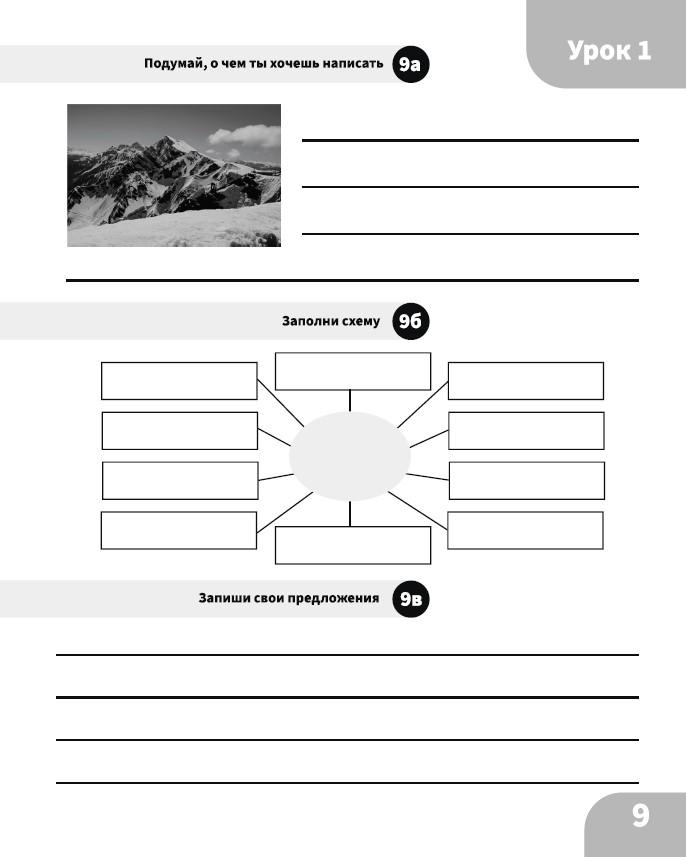Today we will look at specific examples of exercises and types of listening tasks. As usual, we are helped by A.A. Akishina and O.E. Kagan’s book “Learning to Teach.” The book has already become a classic. If you haven’t read it yet, be sure to read it and use it in your work. So, what should you do in class to develop listening skills?
1. Understand the teacher’s commands that must be followed: слушай, читай, повтори, скажи, подними руку.
Continue reading “20 listening exercises for the Russian lesson”

